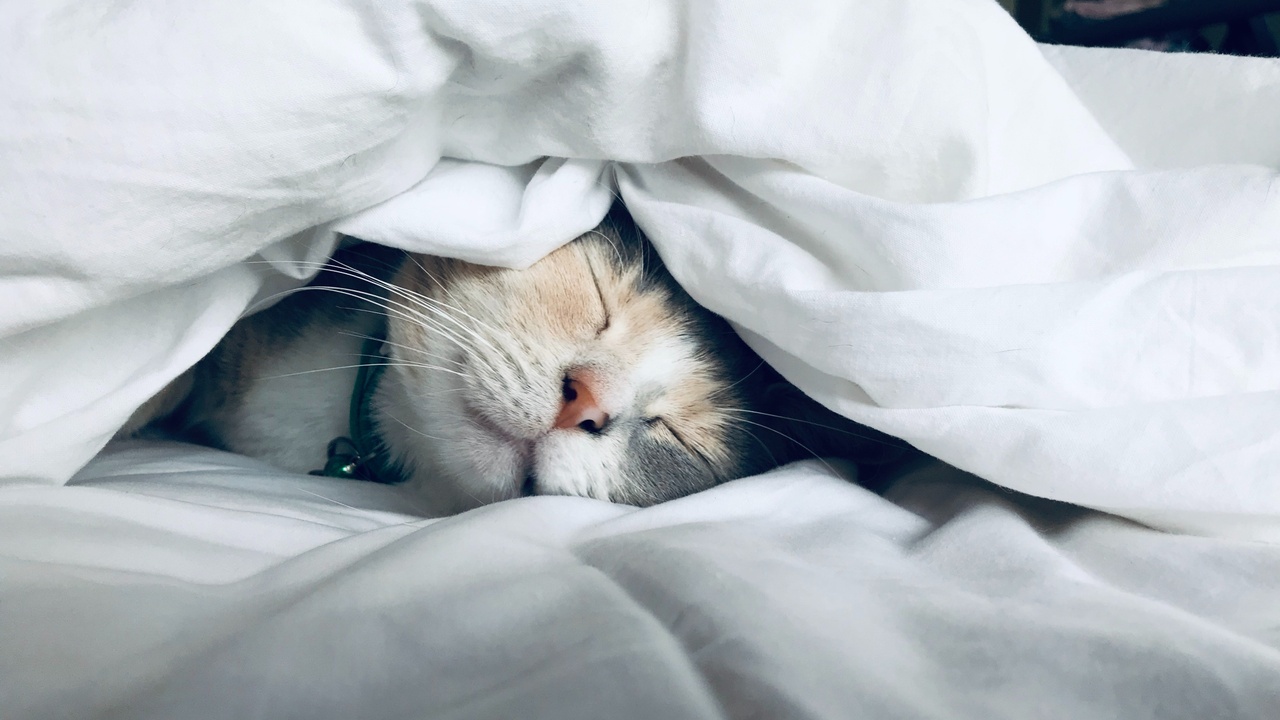Sleep Soundly - Help for Insomnia
Feb 16, 2022
Recovery and restoration
We can spend nearly two-thirds of our lives asleep, yet often place less importance on this crucial de-stressing time than our waking hours. Sleep is all about recovery – physical, emotional and energetic. In order to function fully and cope with the day’s demands, we rely on the immune facilities, detoxification, tissue and muscle healing and emotional processing that occur during the wee small hours. If this downtime isn’t respected, we may quickly see stress-related symptoms like fatigue, irritability, poor concentration, skin complaints and poor recovery from illness.
Lack of sleep, even at a small accumulative level can lead to craving sugar and stimulants as our bodies try to fuel up in the face of less vitally built-up energy. Indeed too little sleep has been associated with incremental weight gain through increased appetite for this very reason.
Blood sugar balance and calm for quality sleep
Sleep quality comes from balanced blood sugar levels throughout the day and the irony of a disturbed night can be skipping breakfast through waking unrefreshed. Pull the whole day round by including protein (eggs, nuts, Greek yoghurt) to cope with your day well and take less stress hormones into the evening. If you need, some calming camomile or celery can help bring those down and for those who tend to wake in the wee hours, a healthy bedtime snack like an oatcake, apple or (yes again) celery can help prevent the sugar lows that can jolt us awake.
Modern living can trample over our set body timings; we are moving into inhibitory mode to prepare for full shut-down from 4pm onwards but we rarely come down from excitory ‘doing’ mode until much later. Shutting off the ipad, TV and putting the phone on silent can help us reconnect to feeling that natural sleepy feeling and going with it.

Techniques for an easy passage into dreamland and to relieve insomnia:
- Nourish a calm ‘alpha’ brain state ready for bed with a bath, reading non-thrilling books, listening to soothing music or a calm, restorative yoga practise or meditation.
- If those chattering mind monkeys won’t let you sleep, try moving your focus to your breath - count ‘ten’ on the inhalation, ‘ten’ on the exhalation. Continue counting the full breath cycle like this from ten down to one and then start again.
- Lying with legs up the wall (the yoga pose viparita karani shown above) or even just propped up on a bed can help calm the heart as it needs to work less to pump up blood from the lower body. This helps move your nervous system into calm mode, especially when you focus on the breath in your belly.
Whole Health with Charlotte offers regular Yoga Nidra classes to support sleep and a feeling of calm. Discover Whole Health with Charlotte here, featuring access to yoga classes, meditations, natural health webinars, discounts for Charlotte's Health Shop and more.




